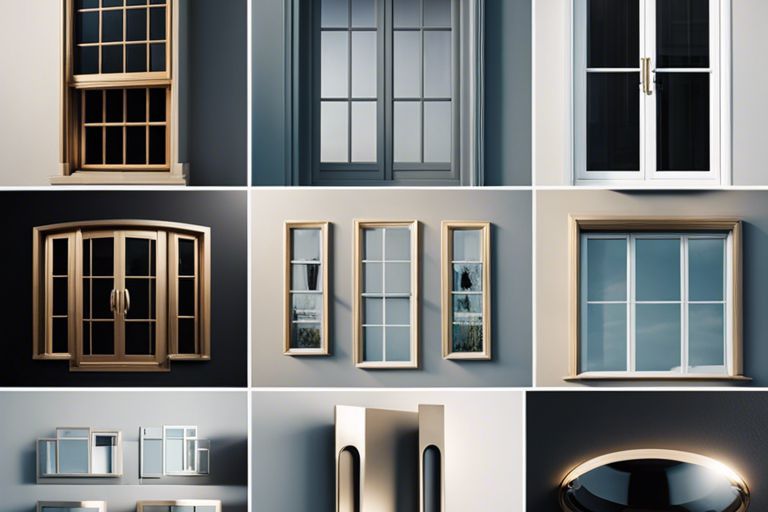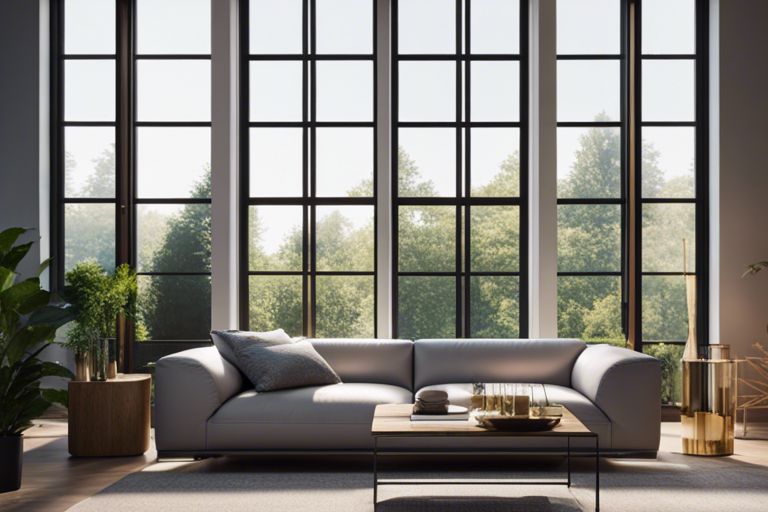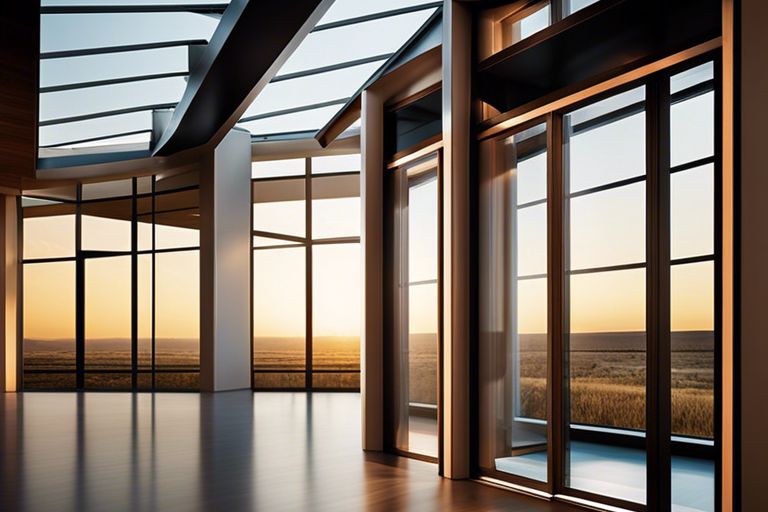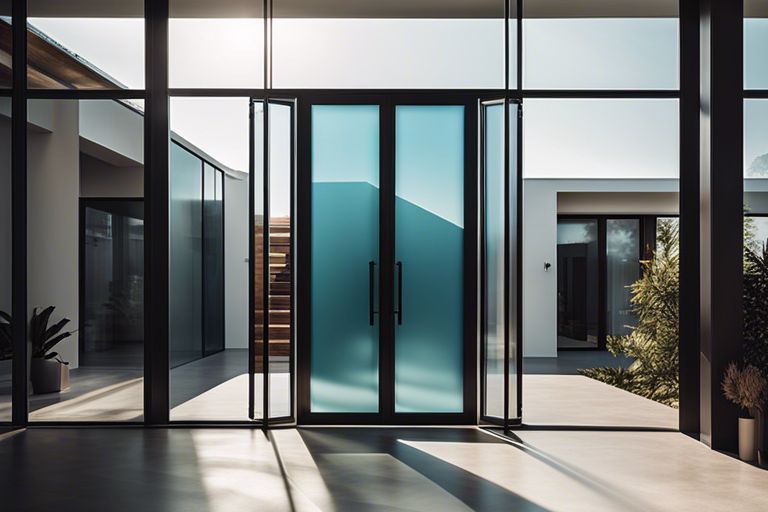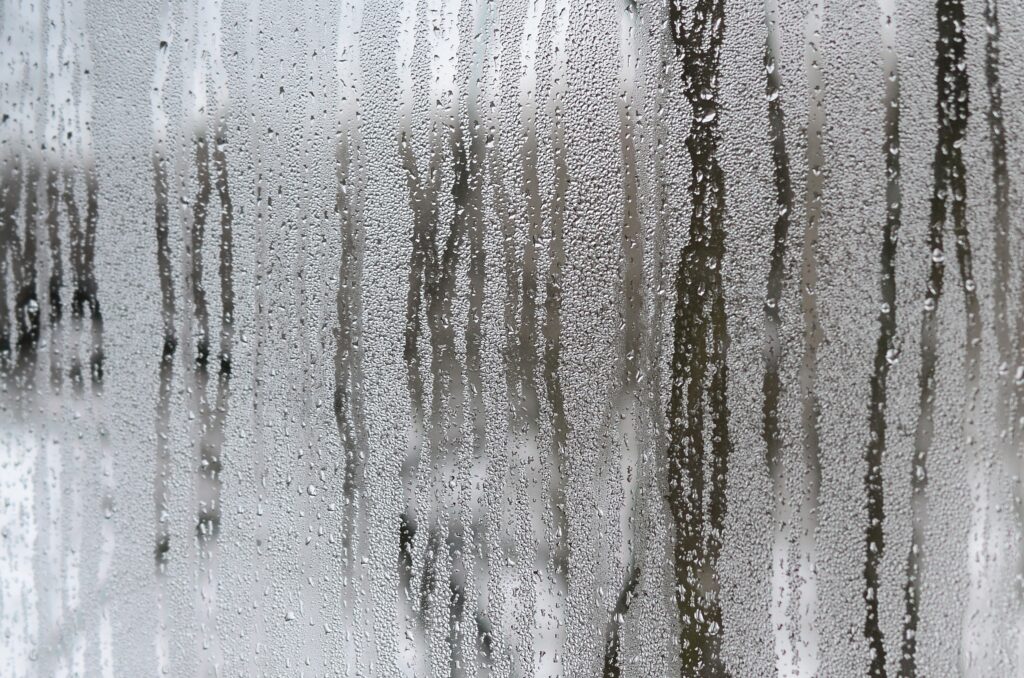Have you ever considered the impact that the right glass can have on the performance and aesthetics of your aluminium windows and doors? Selecting the appropriate glass for your windows and doors is crucial for several reasons. From enhancing energy efficiency and security, to improving sound insulation and UV protection, the type of glass you choose has a profound effect on the overall functionality and appearance of your windows and doors. In this SIMPLIFIED GUIDE TO CHOOSE RIGHT GLASS FOR…, we will walk you through the essential factors to consider when selecting the right glass for your aluminium windows and doors, empowering you to make well-informed decisions that will best suit your needs and preferences.
Key Takeaways:
- Consider the climate: Choose insulated glass for extreme climatic conditions, such as a temperate climate, to maintain consistent indoor temperature and reduce energy costs.
- Sound insulation: Opt for acoustic glass if you live in a noisy area to reduce outdoor noise and create a quieter indoor environment.
- Safety and security: Prioritize tempered or laminated glass for enhanced safety and security, especially for ground floor windows and doors.
- Maintenance: Select low-maintenance glass options, such as self-cleaning or easy-to-clean coatings, to minimize the effort and cost of upkeep.
- Aesthetics: Consider decorative or tinted glass options to enhance the visual appeal of your home while maintaining privacy and controlling light penetration.
- Energy efficiency: Choose low-emissivity (Low-E) glass to limit heat transfer through windows and doors, providing better insulation and reducing heating and cooling costs.
- Durability: Prioritize impact-resistant glass if your area is prone to extreme weather conditions, such as hail or storms, to protect your windows and doors from damage.
Understanding Different Types of Glass
Clearly, when it comes to choosing the right glass for your aluminium windows and doors, it’s important to understand the different options available to you. Here’s a breakdown of the types of glass you might come across when making your decision:
| Clear Glass | Reflective Glass |
| Tinted Glass | Low-E Glass |
| Tempered Glass | Laminated Glass |
| Patterned Glass | Acid-Etched Glass |
| Safety Glass | Decorative Glass |
After you understand the characteristics of each type of glass, you can make an informed decision based on your specific needs and preferences.
Single vs. Double vs. Triple Glazing
When it comes to glazing options for your aluminium windows and doors, you have the choice between single, double, or triple glazing. Single glazing consists of a single pane of glass, double glazing has two panes with a layer of air or gas in between, and triple glazing has three panes with two layers of air or gas. Each option offers different levels of insulation, soundproofing, and energy efficiency, so it’s important to consider your specific needs when making a decision.
Specialized Glass: Tempered, Laminated, and Low-E
When considering specialized glass for your aluminium windows and doors, you may come across tempered, laminated, and Low-E glass. Tempered glass is incredibly strong and safe, laminated glass offers security and impact resistance, and Low-E glass provides energy efficiency and UV protection. Each type of specialized glass has its own benefits, so it’s important to evaluate your priorities and choose the option that best suits your needs.
Factors to Consider When Choosing Glass
Any decision regarding the glass for your aluminium windows and doors should take into account several crucial factors. Here are some key considerations:
- Climate and Energy Efficiency
- Acoustic Insulation and Privacy Needs
- Aesthetic Preferences and Architectural Style
The choice of glass for your aluminium windows and doors can significantly impact the energy efficiency, comfort, and privacy of your home.
Climate and Energy Efficiency
When choosing the right glass for your aluminium windows and doors, it’s important to consider the climate you live in and the energy efficiency of the glass. Depending on the climate, you may need glass that offers insulation to keep your home warm in the winter and cool in the summer. Low-emissivity (Low-E) glass is a popular choice as it helps to regulate indoor temperatures by minimizing the amount of heat that passes through the glass, reducing the need for heating and cooling. The right glass can significantly impact the energy efficiency of your home, saving you money on energy bills in the long run.
Acoustic Insulation and Privacy Needs
When selecting the right glass for your aluminium windows and doors, you should also consider your acoustic insulation and privacy needs. If you live in a noisy area or near a busy street, you may want to opt for double or triple-glazed glass to reduce noise transmission. Additionally, for privacy needs, you might consider tinted or frosted glass options that provide a level of seclusion without compromising natural light.
Aesthetic Preferences and Architectural Style
When choosing the right glass for your aluminium windows and doors, you should also think about your aesthetic preferences and architectural style. The appearance of the glass can greatly impact the overall look and feel of your home. Consider the color, texture, and style of the glass that will complement the architectural design of your home. Whether you prefer modern minimalism or classic elegance, there are a variety of glass options available to suit your aesthetic preferences.
Tips and Step-by-Step Guide to Choosing Glass
Your choice of glass for your aluminium windows and doors can have a significant impact on the overall performance and appearance of your property. Here are some tips to help you make an informed decision:
- Consider the climate and environmental factors that your windows and doors will be exposed to
- Think about the level of security and privacy you require
- Evaluate the energy efficiency and insulation properties of different glass options
- Research the various glazing options available, such as float, toughened, laminated, or coated glass
- Consult with a professional to determine the best glass type for your specific needs
These tips can help you make a well-informed decision when it comes to choosing the right glass for your aluminium windows and doors. For more detailed information on this topic, you can refer to How to choose which glass type to have for your doors and windows.
Step-by-Step Process to Identify Your Needs
When identifying the right glass for your aluminium windows and doors, it’s important to consider your specific needs. This can be done by evaluating factors such as climate, security requirements, energy efficiency, and glazing options. The table below outlines a step-by-step process to help you identify your needs:
| Step | Process |
| Evaluate | Consider climate and environmental factors |
| Assess | Think about security and privacy requirements |
| Research | Explore energy efficiency and insulation properties |
| Consult | Seek professional advice on glazing options |
Tips for Consulting with Professionals
When consulting with professionals about the right glass for your aluminium windows and doors, there are some key tips to keep in mind. It’s important to communicate your specific needs and preferences clearly, as well as to ask relevant questions about the available options. This can help you make an informed decision that meets your requirements. Here are some tips for consulting with professionals:
- Clearly communicate your climate, security, and energy efficiency needs
- Ask about the different glazing options and their benefits
- Seek recommendations for the most suitable glass type based on your specific requirements
This approach can help you make a well-informed decision when choosing the right glass for your aluminium windows and doors. This can ensure that you select the most suitable option for your property.
Evaluating Pros and Cons of Glass Options
After deciding to install aluminium windows and doors, the next step is choosing the right glass. The type of glass you select will impact the energy efficiency, security, and aesthetics of your home. To help you make an informed decision, it’s important to consider the pros and cons of different glass options.
| Glass Option | Pros & Cons |
| Laminated Glass | Pros: Enhanced security, UV protection, reduced noise Cons: Higher cost, may not be as effective in reducing heat |
| Low-E Glass | Pros: Improved energy efficiency, reduces UV exposure Cons: Initial cost, may interfere with electronic signals |
| Tinted Glass | Pros: Blocks solar heat, reduces glare Cons: Limits natural light, may affect exterior aesthetic |
| Tempered Glass | Pros: High strength, safety features Cons: Breakage can lead to shattered pieces |
Cost-Benefit Analysis of Glass Types
When considering the cost-benefit analysis of different glass types, you should assess the upfront expense alongside the long-term benefits. For example, while low-E glass may have a higher initial cost, it can lead to significant energy savings and reduced utility bills over time. On the other hand, while tinted glass may offer some energy efficiency benefits, it could also limit the amount of natural light entering your home.
- Laminated Glass – Enhanced security but a higher initial cost
- Low-E Glass – Improved energy efficiency but potential signal interference
- Tinted Glass – Blocks solar heat but may limit natural light
- Tempered Glass – High strength but breakage may result in shattered pieces
- Recognizing the overall cost-benefit of each glass type will help you make a well-informed decision for your home.
Long-Term Considerations: Maintenance and Durability
When considering the long-term implications of different glass types, it’s important to assess the maintenance and durability. Laminated glass offers enhanced security and UV protection, but it may require specialized maintenance to keep it looking its best. On the other hand, tempered glass is highly durable, but breakage can result in shattered pieces that require immediate replacement.
FAQ About Choosing the Right Glass for Your Aluminium Windows and Doors
Q: Why is it important to choose the right glass for aluminium windows and doors?
A: Choosing the right glass for your aluminium windows and doors is crucial for energy efficiency, security, and overall aesthetics of your home or building. The right glass can also enhance natural light and noise reduction.
Q: What are some important factors to consider when selecting glass for aluminium windows and doors?
A: Some important factors to consider include energy efficiency, safety and security, noise reduction, UV protection, and aesthetic appeal. It’s also essential to consider the climate and environmental factors in your area.
Q: What types of glass are commonly used for aluminium windows and doors?
A: Common types of glass used for aluminium windows and doors include insulated glass units (IGUs), tempered glass, laminated glass, low-emissivity (low-E) glass, and tinted or reflective glass.
Q: How can I ensure energy efficiency with the glass for my aluminium windows and doors?
A: To ensure energy efficiency, consider using double or triple-pane insulated glass units with low-E coatings to minimize heat transfer and UV rays. This will help in reducing energy costs and maintaining a comfortable indoor environment.
Q: What are the security considerations when choosing glass for aluminium windows and doors?
A: For security, consider using laminated glass, which is designed to hold together when shattered. This makes it more difficult for intruders to break through. Additionally, consider using reinforced frames and locks for added security.
Q: How can I reduce noise transmission with the glass for my aluminium windows and doors?
A: To reduce noise transmission, opt for thicker glass or laminated glass, as they are more effective in blocking sound. Additionally, consider using soundproofing techniques such as weather-stripping and proper installation to minimize gaps.
Q: Are there any maintenance considerations for glass used in aluminium windows and doors?
A: While most glass used in aluminium windows and doors is low-maintenance, it’s important to keep them clean and inspect for any damage regularly. Following the manufacturer’s cleaning and maintenance guidelines will help prolong the life of the glass.

